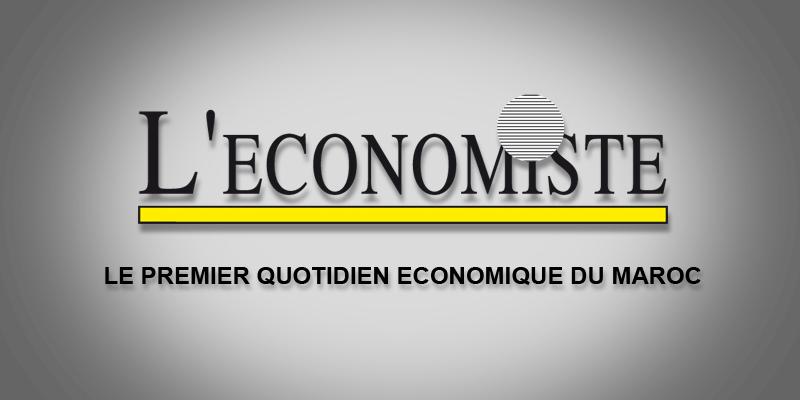« Women deserve more. Their empowerment is the empowerment of all of society”. This is the call launched by the Nigerian female entrepreneur Yetunde Adeyemi, during the meeting organized by the World Bank, around women empowerment. On Tuesday in the city of Benguerir, in the Marrakech area.

This is the first meeting in a cycle of conferences in anticipation of the World Bank annual meetings scheduled for this year in Marrakech. For Hicham El Habti, president of the Mohammed VI Polytechnic University, which hosted this event, “gender equality is a permanent action”. This must start at school, according to the various stakeholders. Hicham El Habti, recalled that in Africa, “40% of girls reach secondary school. Only half make it to the end of the course”, hence the importance of deploying dedicated strategies to promote women’s empowerment and the consecration of gender equality, said for her part Nadia Fettah, Minister of Finance, for whom this equality must involve different aspects, in particular in terms of access to education, health care, the economy, and other aspects.
Nadia Fettah highlighted the launch in Morocco of the Tamkine (Empowerment) program, aimed in particular at ensuring better inclusion of women. The National Initiative for Human Development (INDH) has also played an important role in this regard, according to the Minister, in particular by promoting the reduction of poverty and exclusion, through the strengthening of women’s capacities and their inclusion through income-generating activities. Nadia Fettah insisted on a series of focus areas that will allow better economic and social integration of women and greater participation in development efforts. This concerns among other things the fight against stereotypes, particularly in the field of employment.
The telework model would in particular ensure this balance. The pay gap between men and women for the same function is also one of the aberrations to be combated, say our sources.
Currently, Morocco, like other countries, particularly in Africa, “suffers from a low rate of participation of women in the economy”, according to Jesko Hentschel, Country Director for the Maghreb and Malta at the World Bank, who highlighted international experiences, particularly in Southeast Asia, where the performance of certain countries in terms of development is linked to the empowerment of women. Today, the transformations that the world is experiencing, especially on the digital level as well as the transition to the green economy, are the key to the revival of economies in the world, it is indicated. “This requires new skills, and it is important to think about the future of employment”, stressed Hentschel.
M.A.M.


























